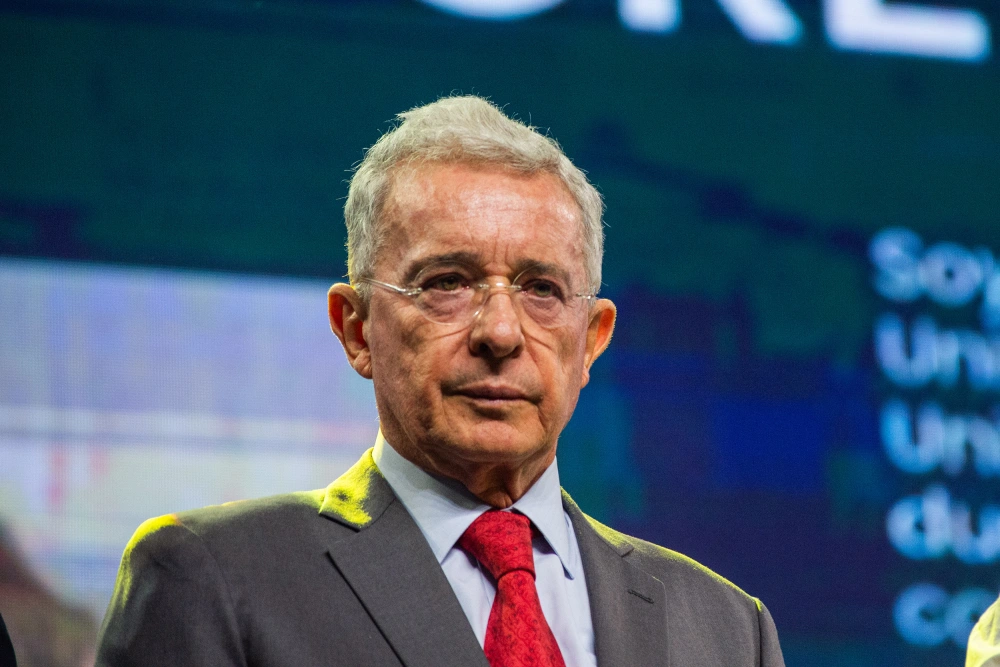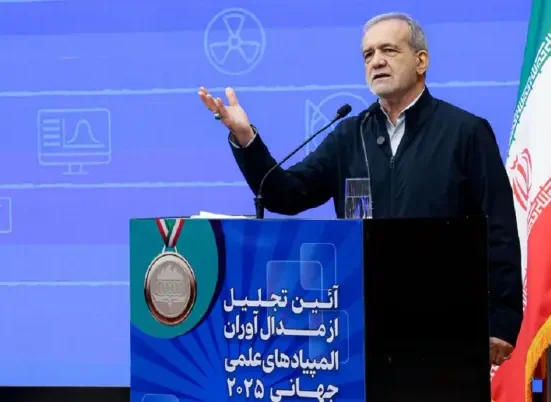August 3, 2025 — Former President of Colombia, Álvaro Uribe, has been sentenced to 12 years of house arrest following a court ruling that found him guilty of witness tampering and bribery. The landmark judgment was delivered by the Supreme Court of Justice in Bogotá after years of legal proceedings tied to allegations dating back to his presidency.
The 71-year-old ex-leader, who governed Colombia from 2002 to 2010, was accused of attempting to manipulate testimonies in a case involving former paramilitary members. According to the court, Uribe orchestrated efforts to coerce and bribe witnesses to refute claims linking him to right-wing paramilitary groups responsible for grave human rights violations during Colombia’s armed conflict.
In a detailed ruling issued Friday, the court concluded that Uribe “actively engaged in a deliberate and sustained attempt to obstruct justice,” using intermediaries to reach out to incarcerated witnesses and influence their statements. Several phone recordings and testimonies from key figures, including ex-senator Iván Cepeda and legal officials, formed the backbone of the prosecution’s case.
Uribe, who remains one of Colombia’s most polarizing political figures, has consistently denied the allegations, describing the trial as politically motivated. “This is a dark day for justice,” he said in a brief public statement. “I have served Colombia with integrity and will appeal this unjust sentence.”
The case, which initially surfaced in 2012, underwent multiple investigations and was transferred between the Supreme Court and ordinary judicial bodies due to Uribe’s resignation from the Senate in 2020. His withdrawal removed the constitutional immunity enjoyed by lawmakers, exposing him to regular prosecution.
The sentence marks the first time a former Colombian head of state has been convicted and sentenced for actions taken while in office, highlighting the judiciary’s evolving stance on accountability and corruption.
Uribe will serve his sentence under monitored house arrest at his rural estate in Antioquia, with strict restrictions on communication and visitation.
The ruling has drawn mixed reactions across the country. While some of Uribe’s supporters condemned the judgment as biased and politically charged, human rights groups and legal experts hailed it as a significant victory for judicial independence and the rule of law in Colombia.







